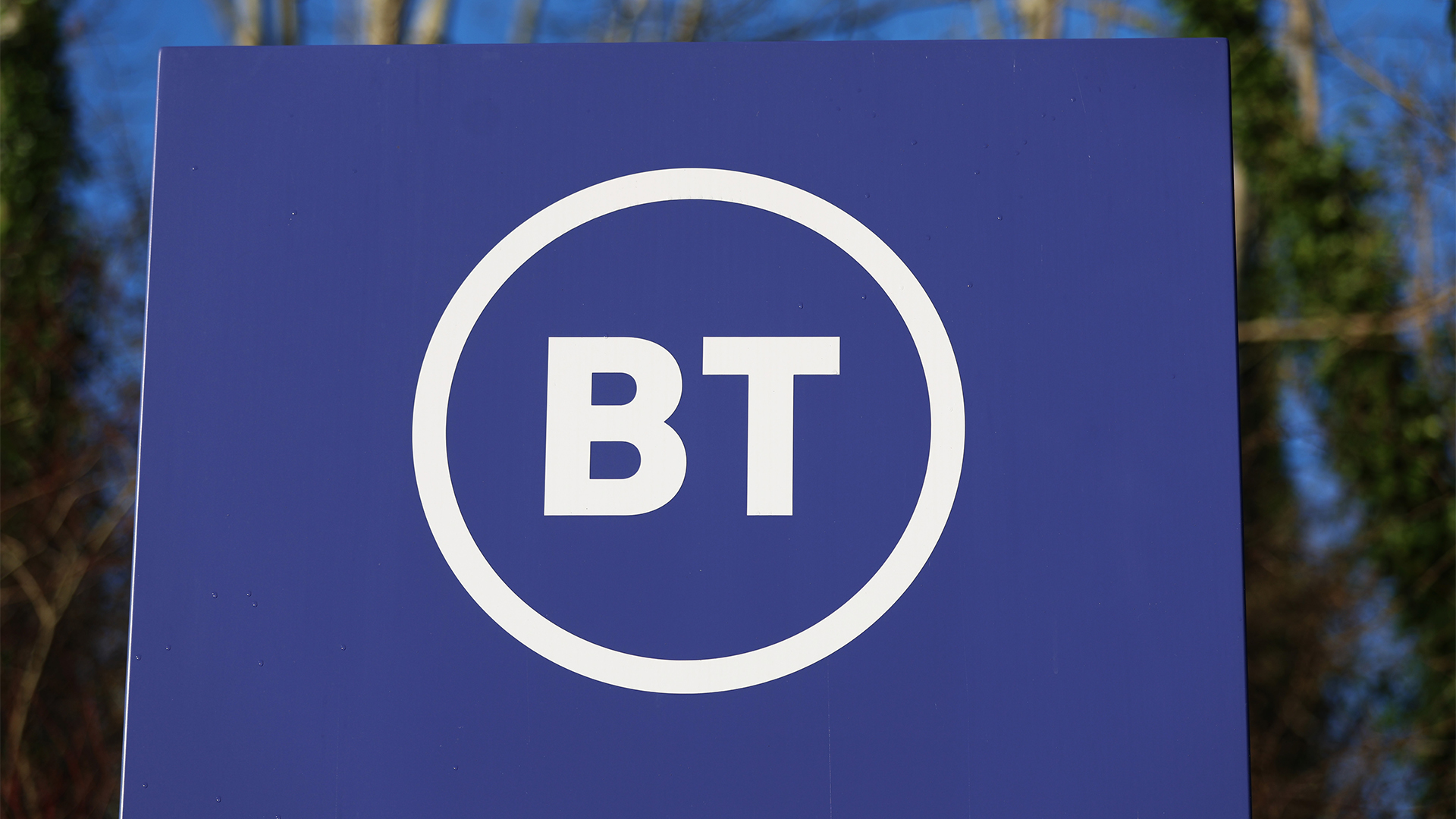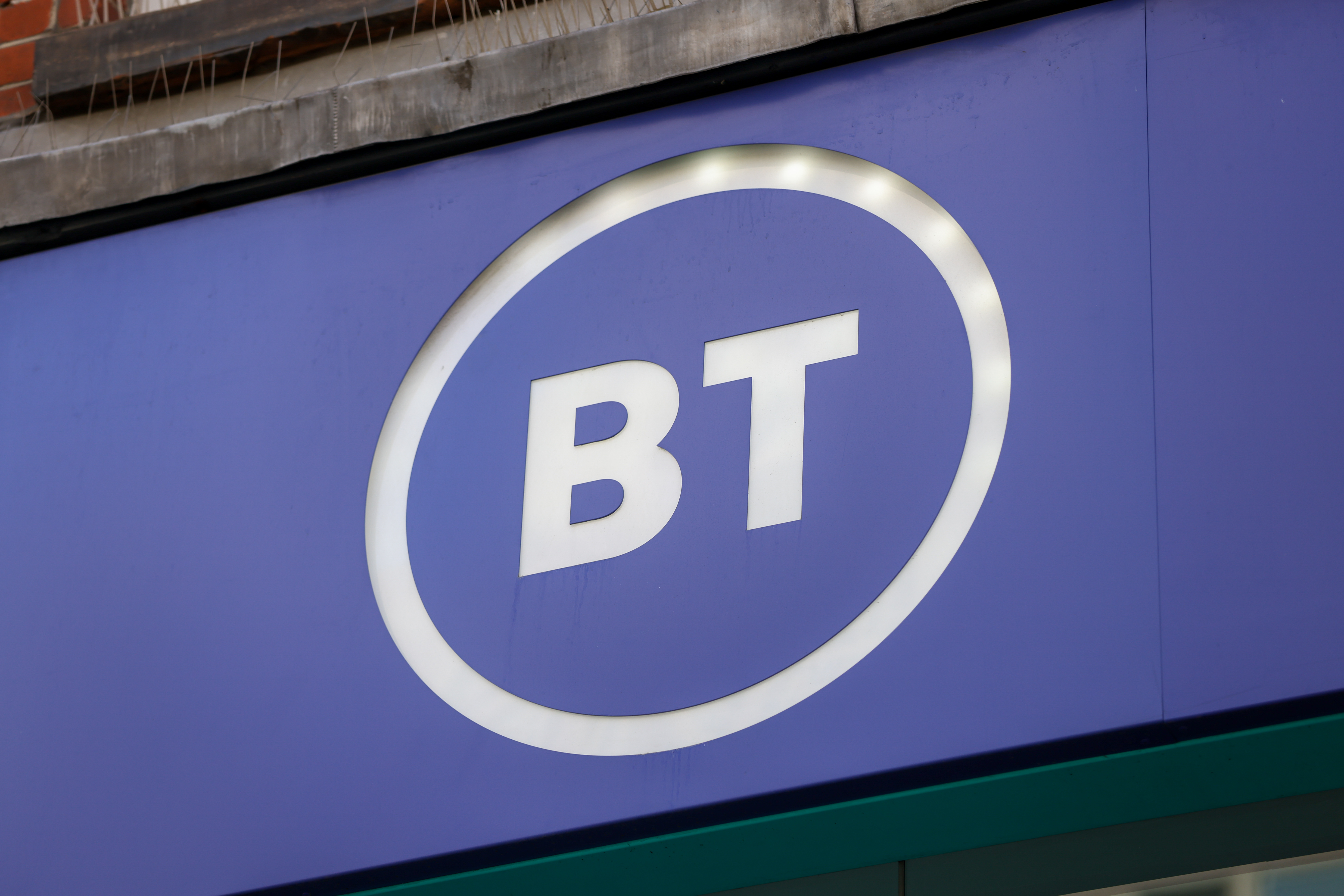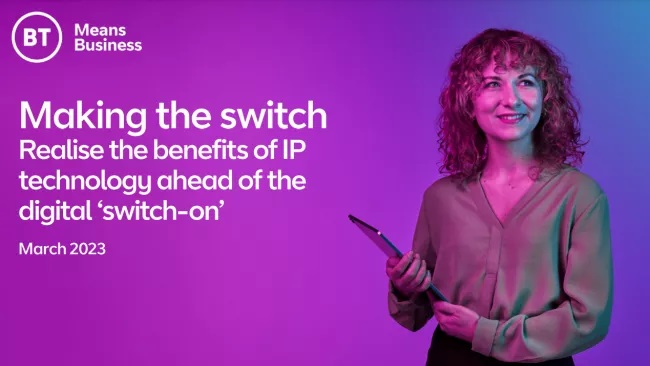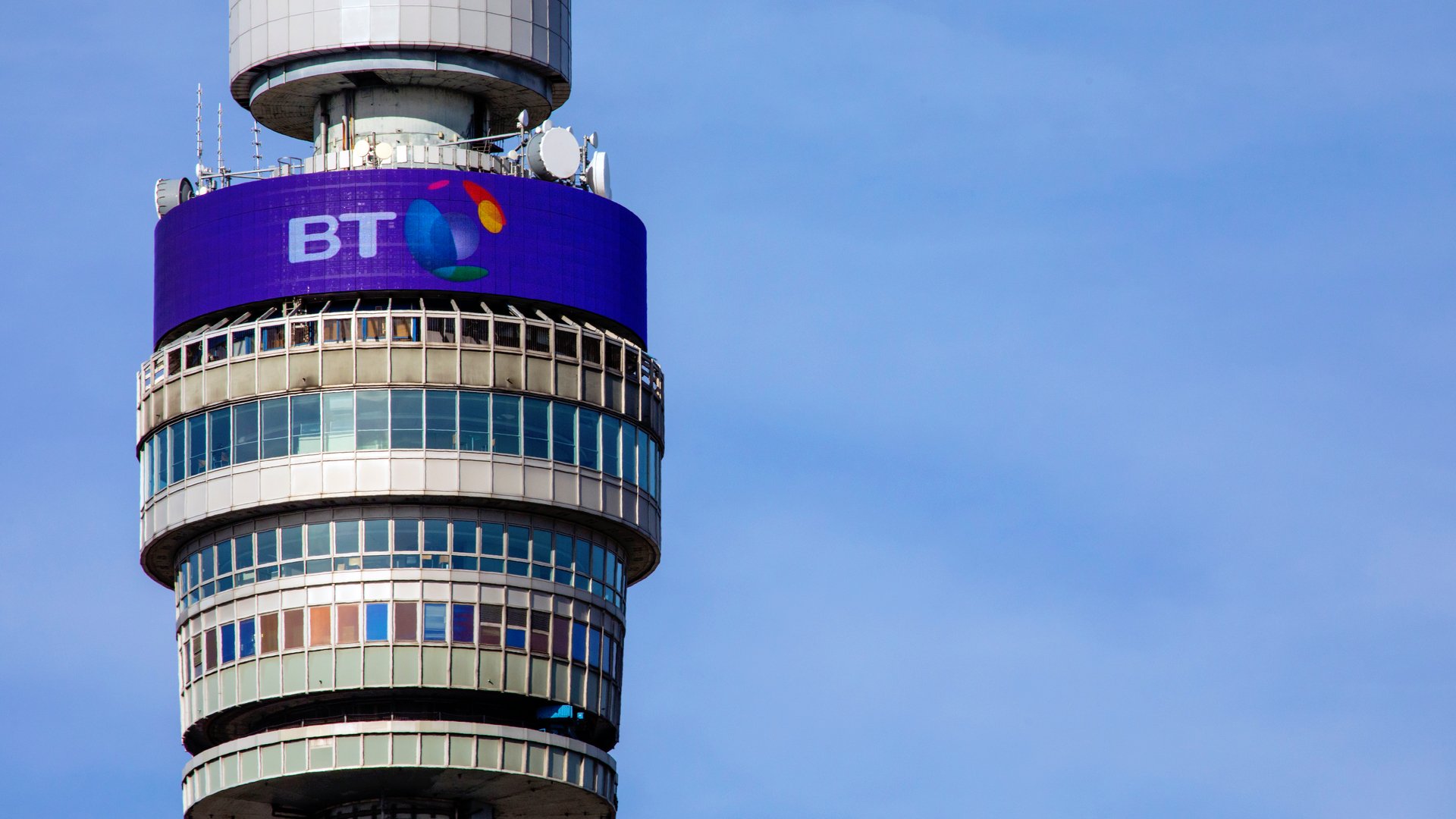Virgin Media plunges £3bn into Project Lightning broadband rollout
Project Lightning will increase Virgin's reach to 17 million premises, but rural areas won't be a priority

Virgin Media is rolling out a 3 billion broadband network expansion across the UK, targeting 4 million homes and businesses.
Its five-year 'Project Lightning' scheme will create 6,000 jobs, including 1,000 apprenticeships, as Virgin Media competes for telephony, pay-TV and broadband customers with rivals BT, TalkTalk and Sky.
Virgin Media expects the expansion to improve its potential customer reach by a third, up from 12.6 million premises to 17 million premises, by 2020.
Claiming its 152Mbps broadband network is twice as fast as its competitors, the firm told IT Pro it hopes to land up to 60 per cent of those who can access its newly-expanded network as customers.
CEO Tom Mockridge said: "Millions of homes and businesses will soon be able to benefit for the first time from broadband speeds at least twice as fast as those available from the other major providers.
"Consumers and business owners who want to make the switch to better broadband speeds now have an alternative."
The news comes as telcos plunge money into high-speed internet projects to meet a growing appetite for faster broadband.
Get the ITPro daily newsletter
Sign up today and you will receive a free copy of our Future Focus 2025 report - the leading guidance on AI, cybersecurity and other IT challenges as per 700+ senior executives
BT has nearly completed a 2.5 billion upgrade of its fibre network to offer speeds of up to 76Mbps, while others are trialling smaller scale fibre improvements.
Virgin Media's latest project even surpasses the UK's 1.7bn investment in its Broadband Delivery UK scheme, which is seeing BT roll out high-speed broadband across the countryside.
Rural customers won't benefit
People dissatisfied with their internet speeds can sign up online under Virgin Media's 'Cable My Street' initiative to petition the company to expand its network in their area.
However, experts questioned whether rural areas would benefit from this initiative, due to fewer people living in the countryside, and with the company focused on aggressively growing its customer base.
Ewan Taylor-Gibson, broadband expert at uSwitch.com, said: "The devil is in the detail. Virgin Media will focus its expansion in areas closest to its existing network, based on consumer and business demand.
"This could mean rural customers are knocked down the priority list if there aren't enough residents in remote areas to convince Virgin to Cable My Street'."
And while Virgin Media Business MD Peter Kelly told IT Pro that numbers were not the only factor in the 'Cable My Street' scheme, rural roll outs are not a priority for Virgin's project.
He said: "This is not a rural broadband programme. We are not going to ignore those areas where they fit the economic rules and we can get the right density but at the same time we're not positioning this investment at the rural broadband position, it is not that. It is about building on our urban footprint."
Roll out targets London, Birmingham and Manchester
He added the roll out was likely to begin with projects in Birmingham and Manchester, and would tie in with others in London's Tech City and the Square Mile, where he said startups and SMBs suffer from a weak broadband infrastructure.
"They're very poorly served in terms of internet access and therefore we're going to put our fibre-based services into the basement of 500 buildings," he said.
"Some of them are clustered so you can go into a particular building on a certain floor and there might be 15 to 20 companies all sharing the same space."
He estimated this expansion could support between 2,000 and 3,000 small businesses and entrepreneurs, and it comes after the announcement of a BT project to boost inner London companies' broadband speeds from 20Mbps to 80Mbps.
Virgin Media will expand close to its existing network initially, and will then work with local authorities to find new areas into which to push.
Kelly said: "It's about the level of consumer and small business demand, it's obviously about network economics, but the third element is which local authorities want to be proactive and supportive.
"That can vary from geography to geography. Some councils are supportive of allowing you to dig quickly. Others are less so, and naturally when you're trying to go at this pace we want to go with the councils that support us going fast."
As Project Lightning gathers pace, Kelly expects the network to be reaching one million new premises annually from 2018.
He added that the 6,000 jobs will cover core network engineers, architects, planning experts as well as the 1,000 apprentices, who will come through Virgin Media's Apprentice Training Centre in Birmingham.
-
 The Race Is On for Higher Ed to Adapt: Equity in Hyflex Learning
The Race Is On for Higher Ed to Adapt: Equity in Hyflex LearningBy ITPro
-
 Google faces 'first of its kind' class action for search ads overcharging in UK
Google faces 'first of its kind' class action for search ads overcharging in UKNews Google faces a "first of its kind" £5 billion lawsuit in the UK over accusations it has a monopoly in digital advertising that allows it to overcharge customers.
By Nicole Kobie
-
 Equinix acquires BT's Irish data centers in €59 million deal
Equinix acquires BT's Irish data centers in €59 million dealNews As BT moves to an asset-light business model, Equinix looks to expand
By Emma Woollacott
-
 BT just extended the PSTN switch-off deadline — here’s what you need to know
BT just extended the PSTN switch-off deadline — here’s what you need to knowNews BT described the move as a “revision”, citing a series of improvements to the wider PSTN switch-off programme
By George Fitzmaurice
-
 BT misses key Huawei kit removal deadline, but the telco is “almost over the line”
BT misses key Huawei kit removal deadline, but the telco is “almost over the line”News BT is still reliant on non-compliant Huawei equipment for 2G and 3G services
By Ross Kelly
-
 BT partners with HPE to deliver new global managed LAN service
BT partners with HPE to deliver new global managed LAN serviceNews The latest collaboration combines BT’s connectivity expertise with HPE Aruba Networking’s latest LAN solutions
By Daniel Todd
-
 Making the switch
Making the switchWhitepaper Realise the benefits of IP technology ahead of the digital ‘switch-on’
By ITPro
-
 BT and OneWeb succeed in "game changer" satellite connection trial
BT and OneWeb succeed in "game changer" satellite connection trialNews Smaller businesses in rural areas could benefit from improvements to backhaul services using satellites, with speeds increasing by an order of magnitude
By Rory Bathgate
-
 BT, Nokia crack four carrier aggregation on a 5G network in first for Europe
BT, Nokia crack four carrier aggregation on a 5G network in first for EuropeNews The breakthrough marks the first successful use of such technology on a live network, and could lead to dramatic network improvements
By Rory Bathgate
-

 BT Mini Whole Home Wi-Fi review: Value-conscious range extension
BT Mini Whole Home Wi-Fi review: Value-conscious range extensionReviews You shouldn’t expect top performance, but this dinky mesh system eradicates notspots for a great price
By Darien Graham-Smith